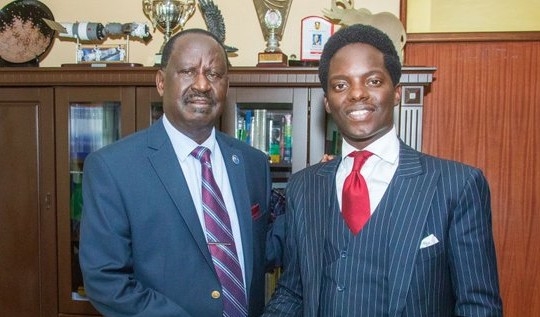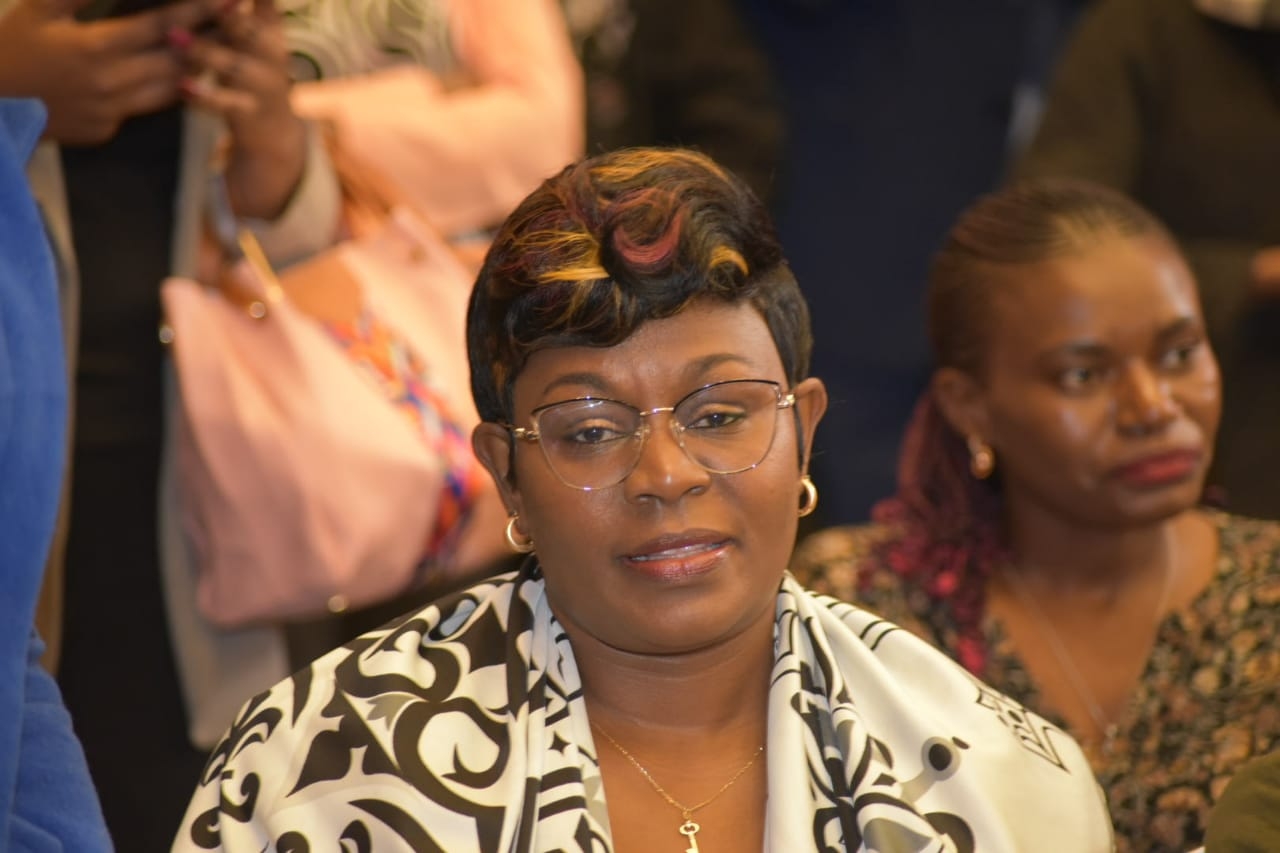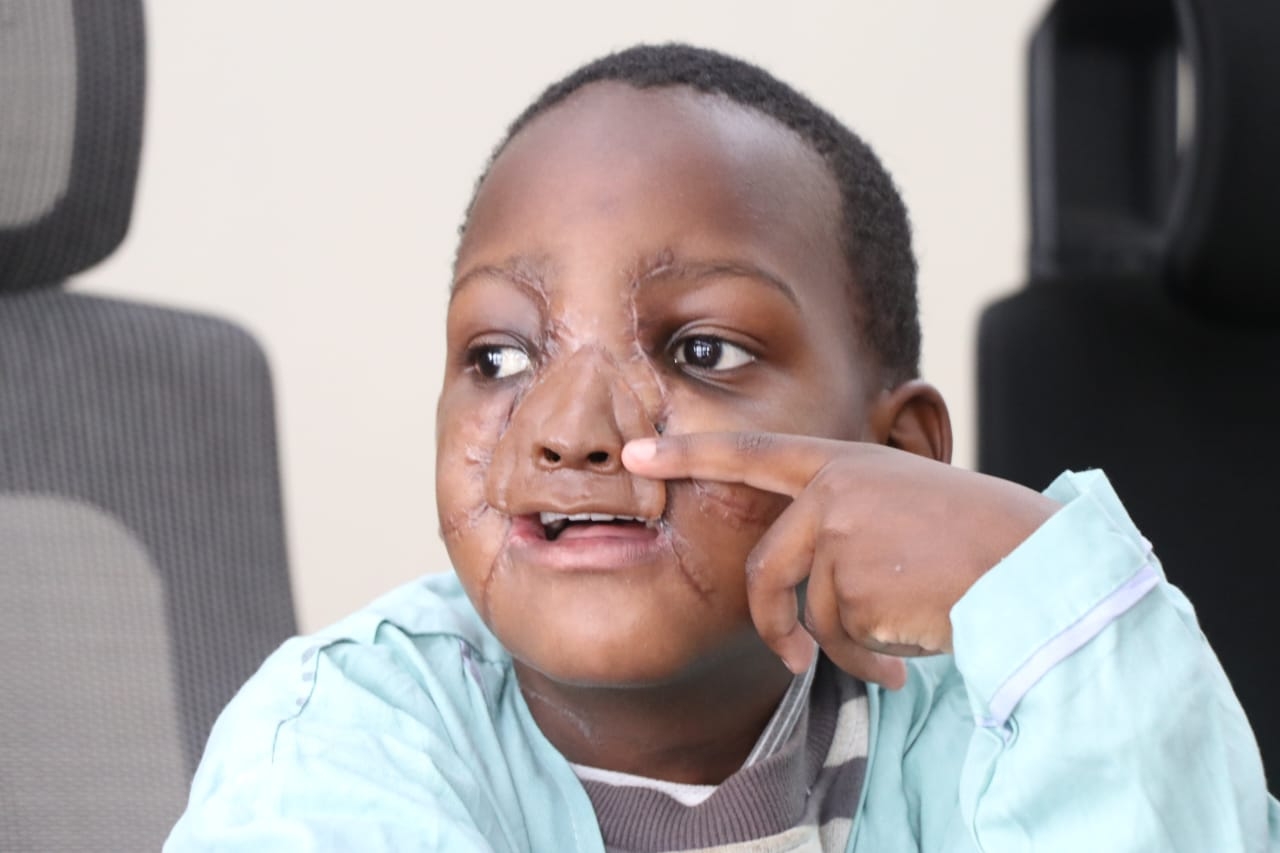Trainee nurse, "Good morning, John, how are you feeling today?”
Patient, "Hello doctor, I have been having constipation since yesterday.”
John is no ordinary patient. He is a rubber, life-sized manikin at the Kenya Medical Training College. He is used to teach trainees how to respond to real-life medical situations, especially emergencies.
When fully set up, John weighs 40kg. His eyes can blink and pupils dilate. When a surgical incision is made, fake blood oozeS from the cut. He can also vomit.
KMTC has procured several manikins, installed in the simulated Intensive Care Unit and operating theatre in which routine and complex surgeries can be performed.
"It’s our goal to make you feel like you are in a real-life situation, but without the fear of hurting a patient," says KMTC chief executive office Prof Michael Kiptoo.
"This means you will have the opportunity to make mistakes, learn from them, and try again, under the guidance of your instructors."
John is so realistic that faculty members said they expect young trainees may become "emotionally charged" by the simulations.
The chest cavity of the model rises and falls to mimic a normal breathing person, oxygen masks may be fitted to its nose and pipes can be inserted in the mouth, going down the trachea.
An operator gets a clear view of how the process is going through a monitor in the control room.
Experimental simulation-based training for healthcare providers is on a steady rise globally, and Kenya has now adopted the use of simulators.
The use of the simulators is steadily increasing in medical training institutions like AIC Kijabe Hospital, Kenya Medical Training collage in Kisumu and now the KMTC Headquarters in Nairobi.
Manikins are used to help simulate medical, surgical, or clinical scenarios. They have demonstrated they can help improve provider knowledge, skill, clinical performance and team performance among trainers and students.
The system is experimental and interactive at the same time, providing real-life situations without causing fear or harm to a live patient.
Embedded beneath the skin are a series of small integrated computerised devices that allow a simulation educator to control vital signs, alter medical conditions with more than 2,500 cardiac rhythms and also produce certain sounds.
These sounds come from small speakers which produce normal and abnormal sounds which mimic a real patient such as coughs, heartbeats, lung congestion and other sounds.
"Interaction of the educator from a control room is made possible as the operator can speak though the man’s mouth via a microphone or use a pre-recorded sounds such as coughs, sneezing or talk backs," a faculty member told the Star.
The capacity to respond is limited and relies on a simulator operator to drive appropriate underlying physiological changes which in turn are displayed on a clinical patient monitor.
Manikins can gag, urinate (artificial fluids), move bowels, sweat add have seizures and shakes.
Low oxygen levels are noticeable when lips turn blue from two blue LED lights fitted inside the mouth.
Fluid management is made possible through pre-placed IV sites in the right and left arms, which are also connected to a pipe that excretes the same fluids through another tube.
With realistic clinical scenarios, this can train novice as well as experienced nurses, helping them develop effective non-technical skills, practice rare emergency situations and handle a variety of authentic life-threatening situations.
(Edited by V. Graham)












